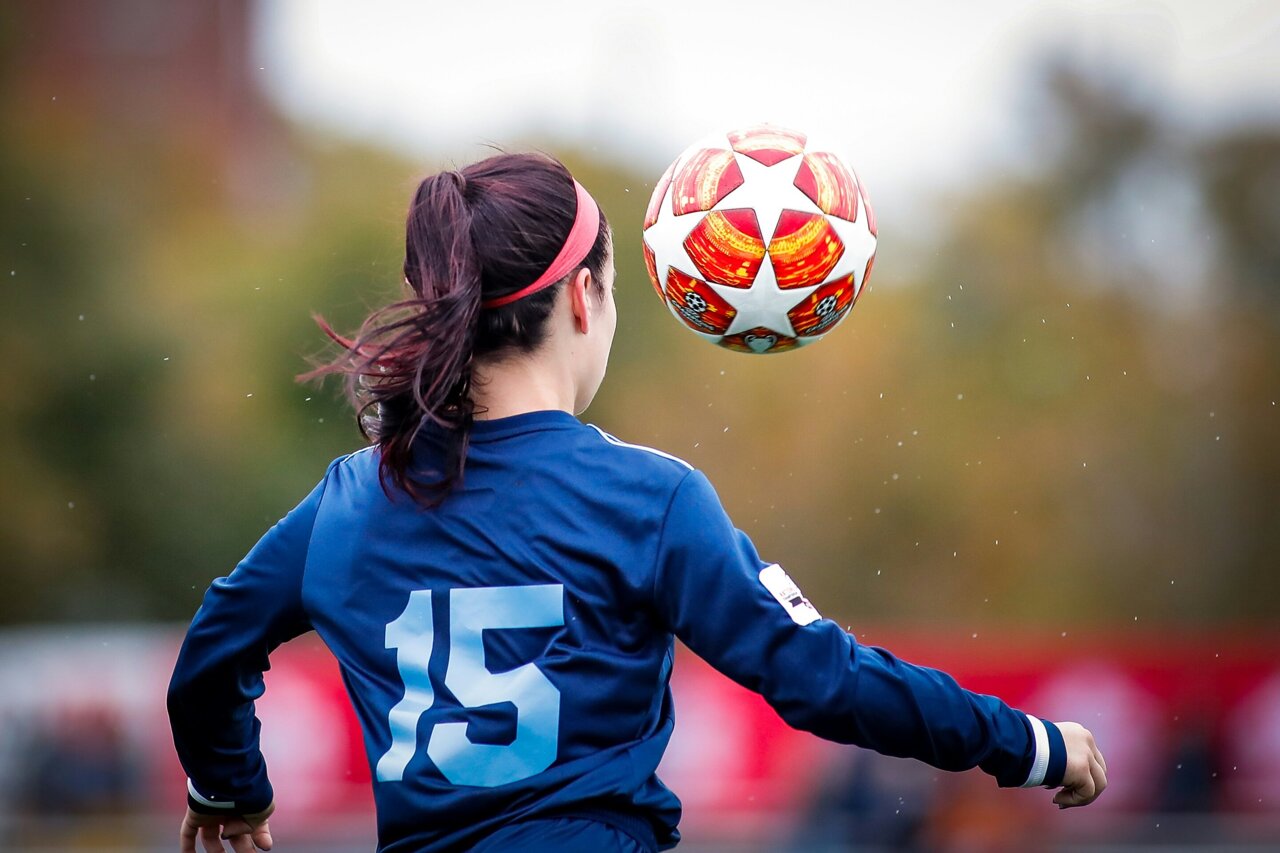Breaking: Hidden Barriers Sideline Young Female Athletes, Study Exposes Stark Participation Crisis

Breaking the Silence: Why Girls' Sports Participation Needs Urgent Attention
A groundbreaking study from Flinders University has shed critical light on a pressing issue in youth athletics: the alarming gap in understanding and supporting girls' sports engagement. Researchers are now calling for immediate action to encourage and empower young women to embrace athletic opportunities.
The study reveals a stark reality - there is a significant lack of comprehensive research focused on girls' participation in sports. This knowledge gap not only undermines our understanding of female athletic potential but also potentially limits opportunities for young women to develop crucial life skills through sports.
By highlighting this critical issue, the Flinders University team aims to spark a broader conversation about gender equity in athletics. Their research underscores the importance of creating supportive environments that motivate girls to explore, enjoy, and excel in sports.
The call to action is clear: we must invest more resources in understanding and addressing the barriers that prevent girls from fully engaging in athletic activities. This isn't just about sports - it's about empowering the next generation of female athletes, leaders, and changemakers.

